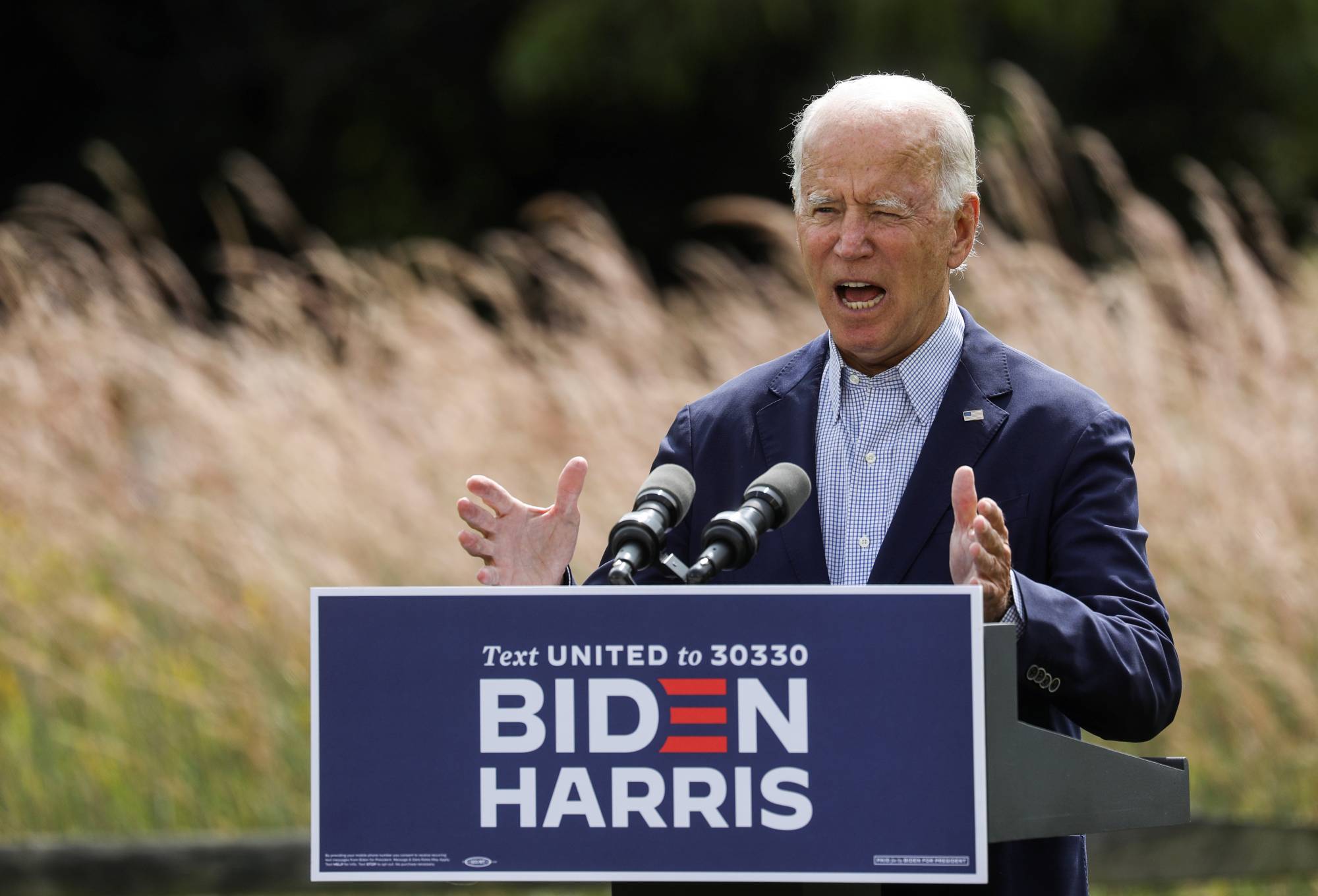For a U.S. President Joe Biden, rejoining the Paris agreement would be almost as simple as signing an autograph. The hard part would be everything else.
With global warming already fueling wildfires, hurricanes and mass migrations, Biden would face the monumental task of decarbonizing the world’s biggest economy. And he would have to do it quickly at a time when China, the biggest emitter of greenhouse gases, is recasting itself as a climate leader and as the European Union ramps up its environmental ambitions. The stakes are high: Failure would not only erode global confidence in the U.S. but contribute further to the destabilization of the climate, with grave consequences for people and planet.
It’s a far cry from where things stood in 2015, when President Barack Obama signed the pact and climate leaders were hopeful that it could stem a catastrophic rise in global temperatures. Since then, President Donald Trump has pulled out of the agreement — a move that will become official Nov. 4 — and dismantled many of his predecessor’s climate policies.

















With your current subscription plan you can comment on stories. However, before writing your first comment, please create a display name in the Profile section of your subscriber account page.